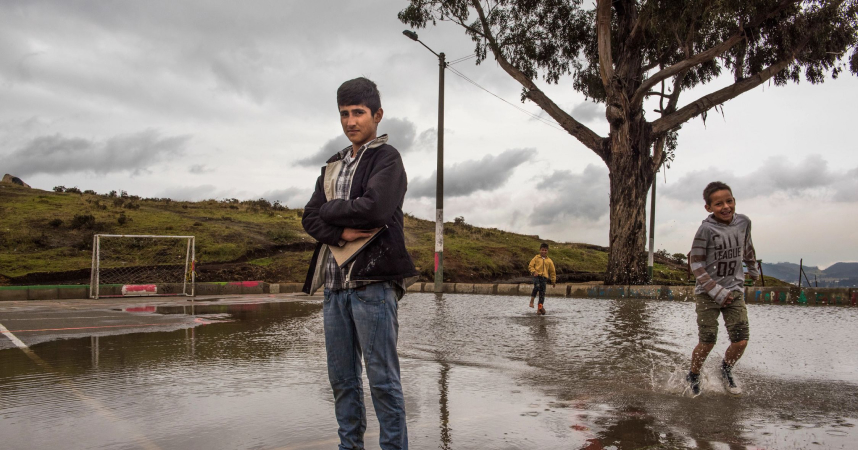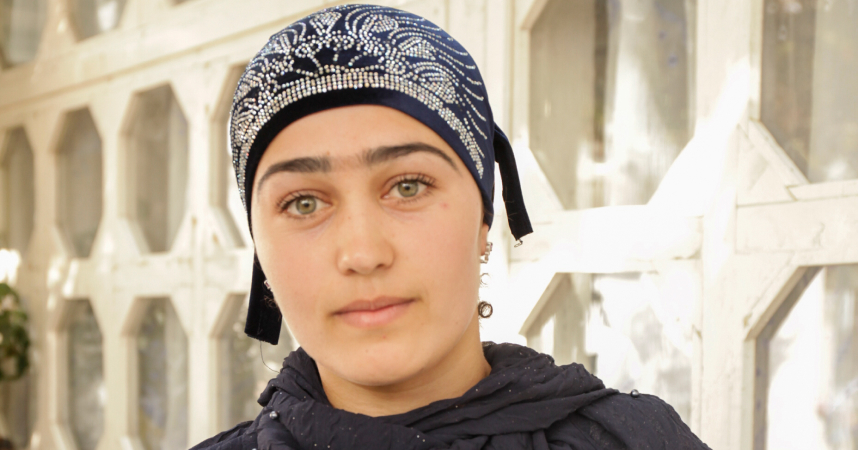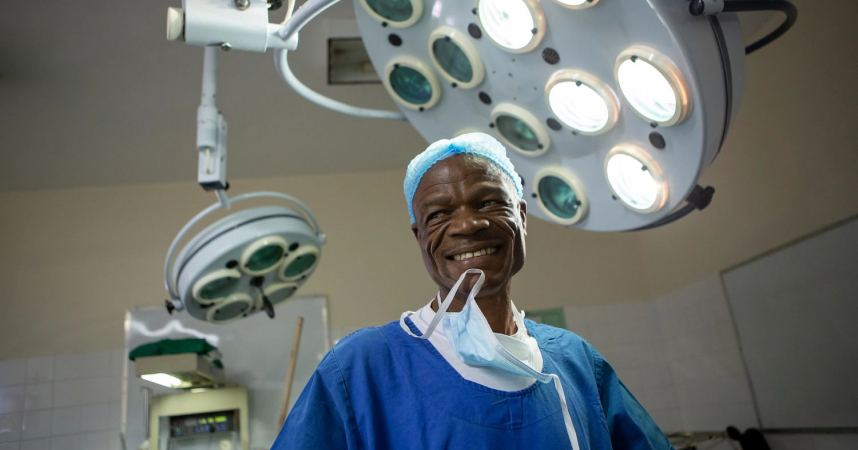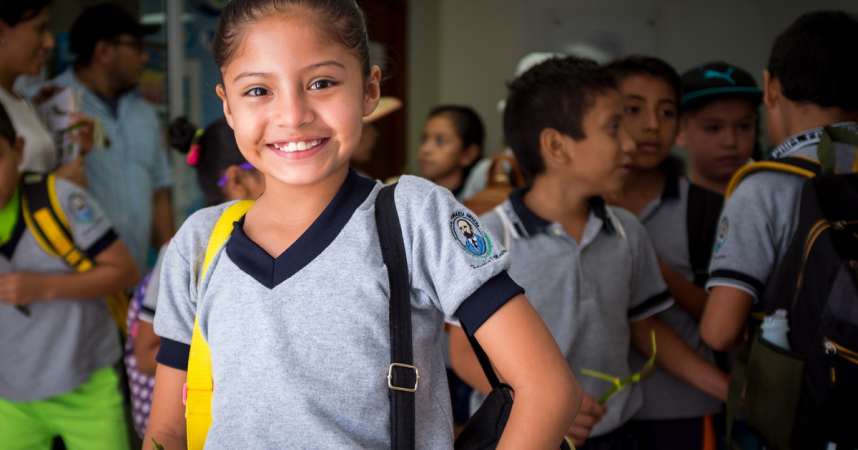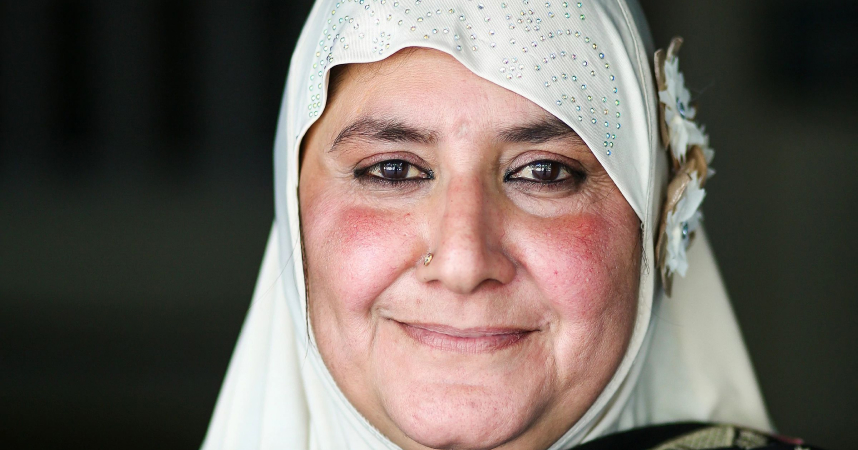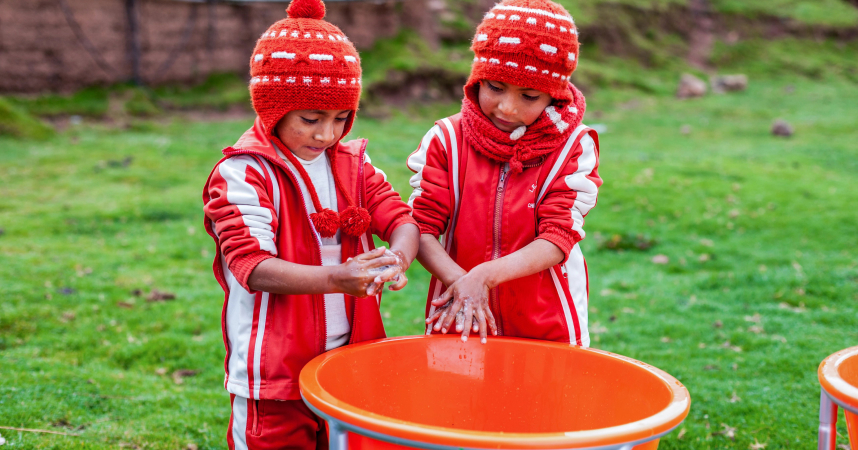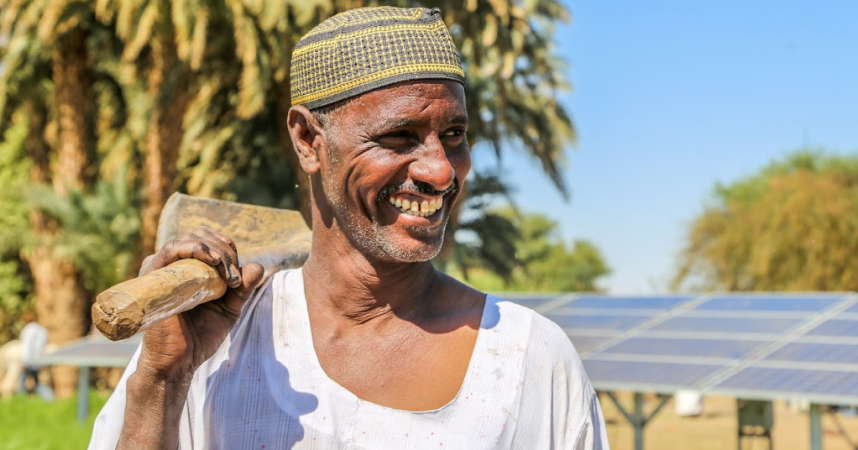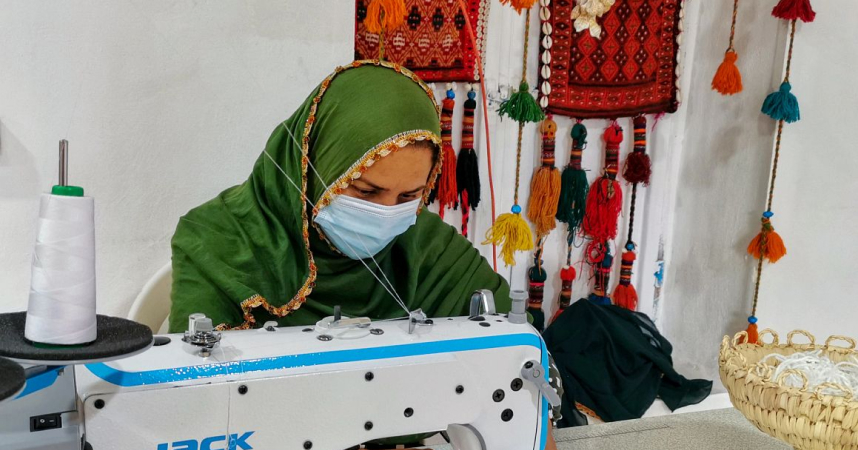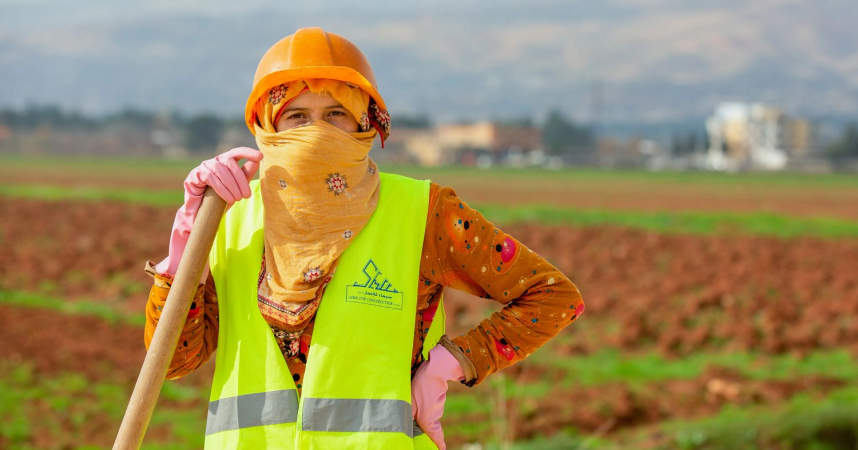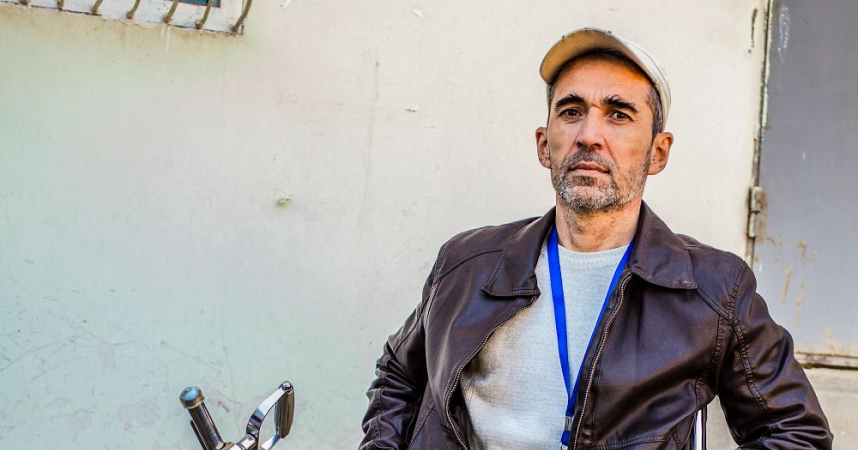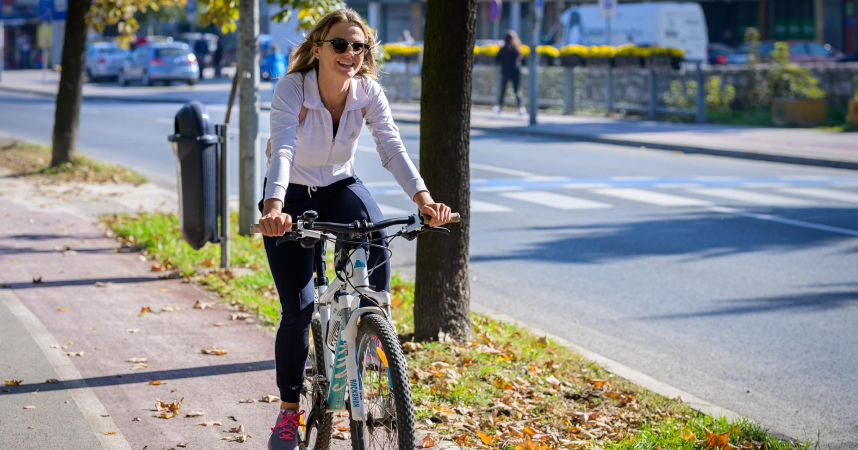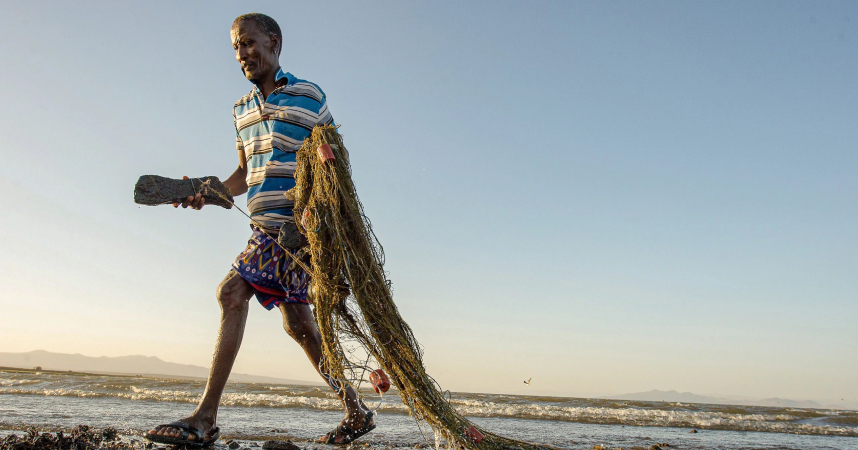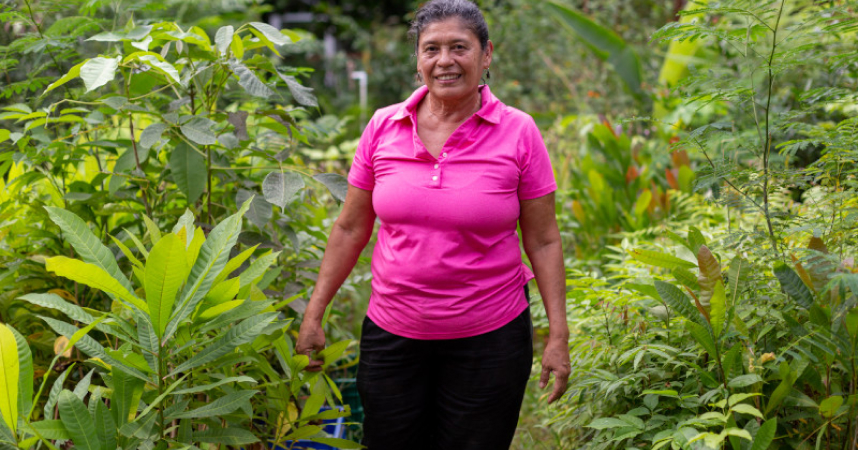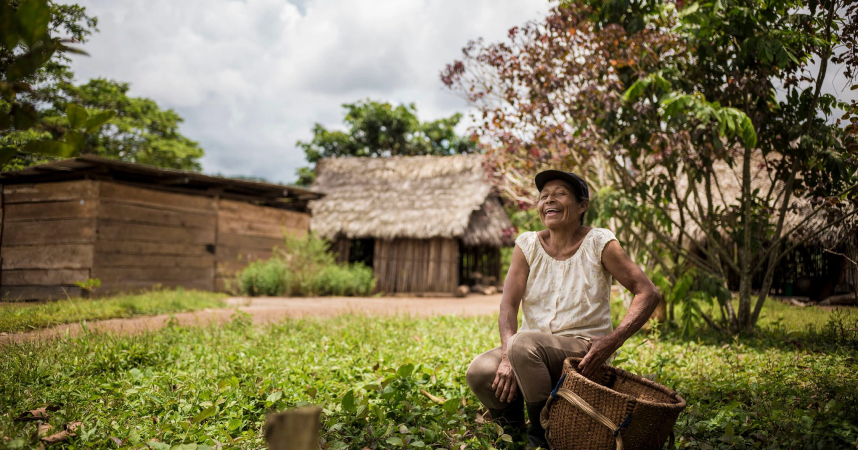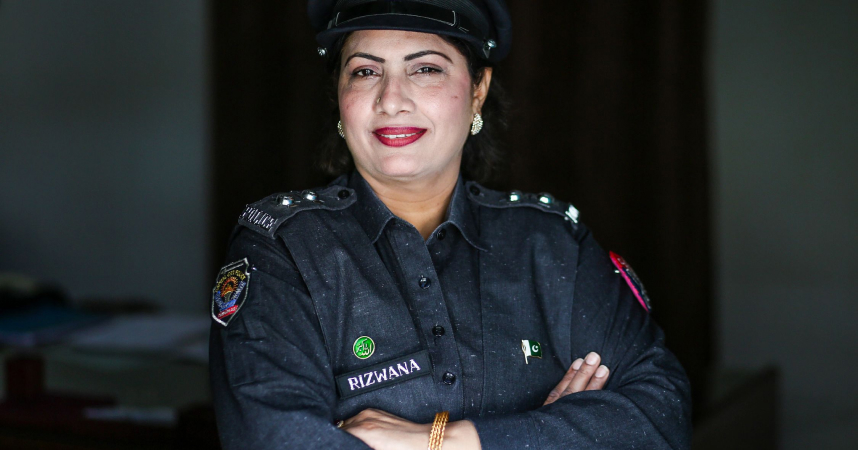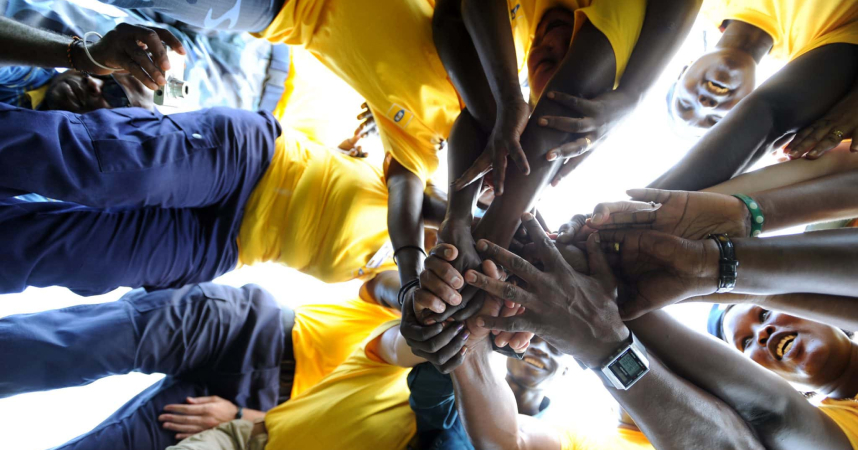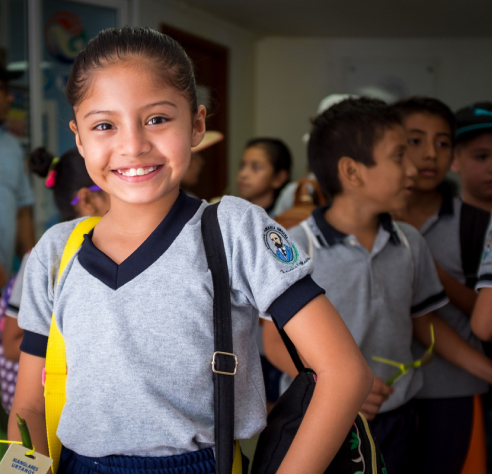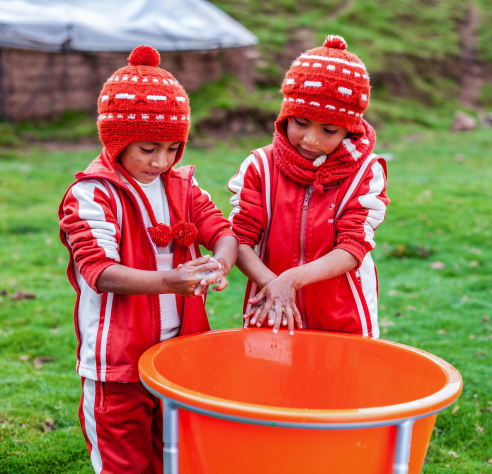Goal 5: Gender equality
Achieve gender equality and empower all women and girls
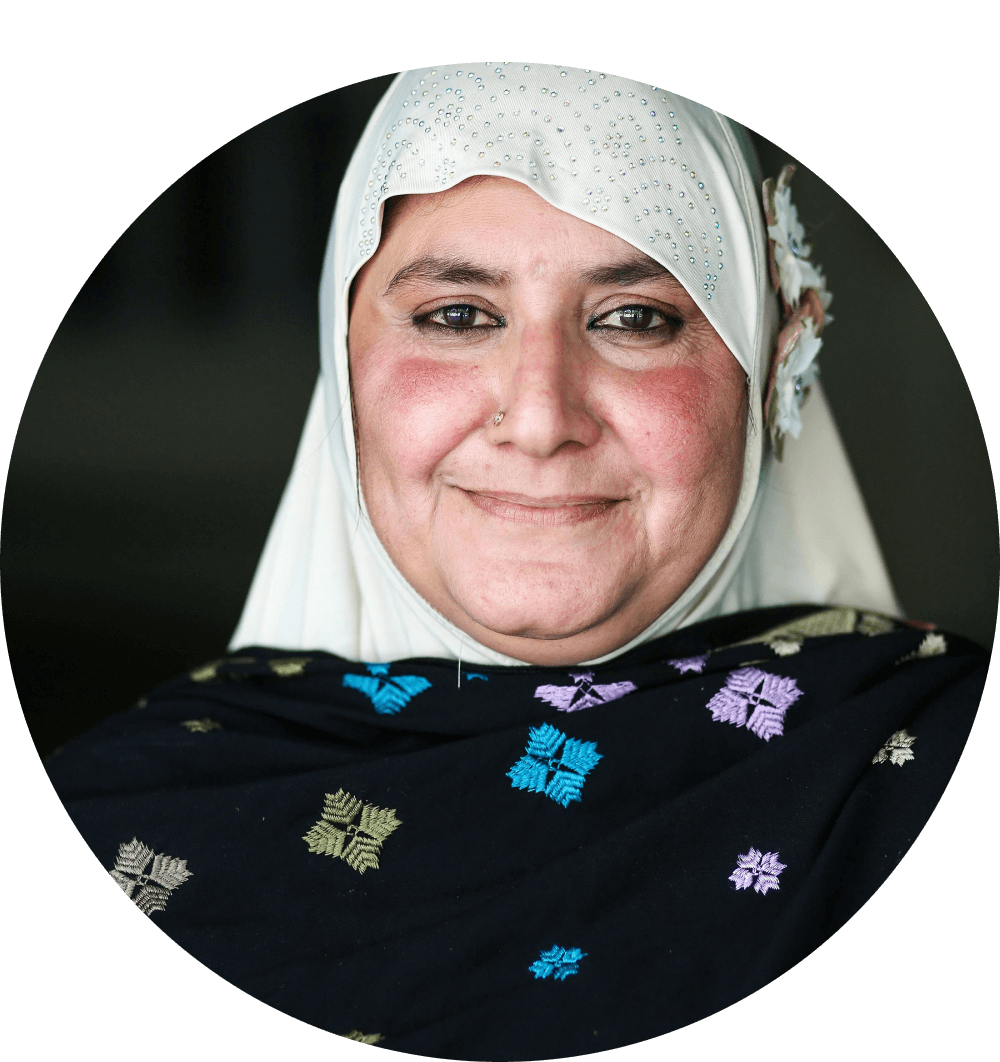
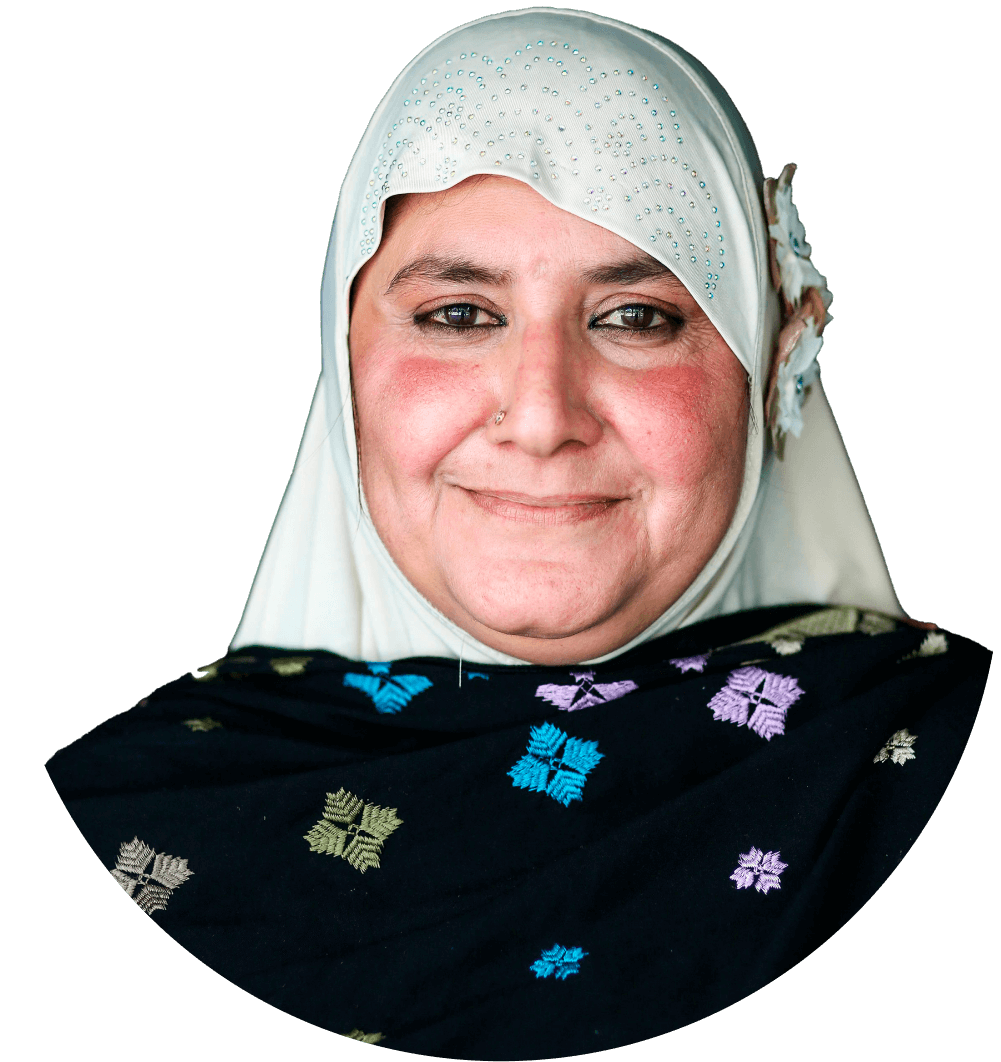

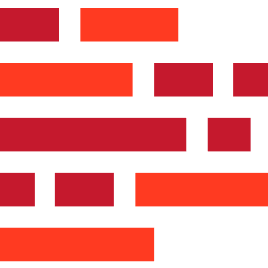


286
years to close gender gaps in legal protection.
300
years to end child marriage.




Although there are more girls in school and more women in the labour market, disparities persist. Women shoulder unpaid care work disproportionately, face widespread bias and discrimination, and are often up against abuse or exploitation. At the current rate of progress, it will take 286 years to remove discriminatory laws and guarantee equal legal protections for women and men.
As of January 2023, women held 26.5 percent of seats in lower and single chambers of national parliaments, a modest increase from 22.3 percent in 2015. Only six countries had achieved gender parity, with 50 percent or more women in these chambers.

Intimate partner violence and child marriage have declined over the last two decades, but evidence shows that the pandemic sparked an increase in both. Today, one in five young women worldwide was married before the age of 18.


Political leadership is needed to address these challenges and achieve the goal of eliminating violence, discrimination and harmful practices against women and girls by 2030. We need comprehensive policy reforms to dismantle systemic barriers to gender equality and women’s empowerment.
Her land. Her rights.
Equator Prize winner Swayam Shikshan Prayog is a grassroots organization that empowers women in the drought-prone Indian state of Maharashtra to act as decision makers in sustainable land management. The group trains women to negotiate to obtain their own plot of land and equips then with knowledge on low-input, sustainable farming techniques so they can lead efforts to improve food security and increase climate resilience.

Photo credits
-
UNDP Pakistan
-
UNDP Benin
-
UNDP India/ Swayam Shikshan Prayog

